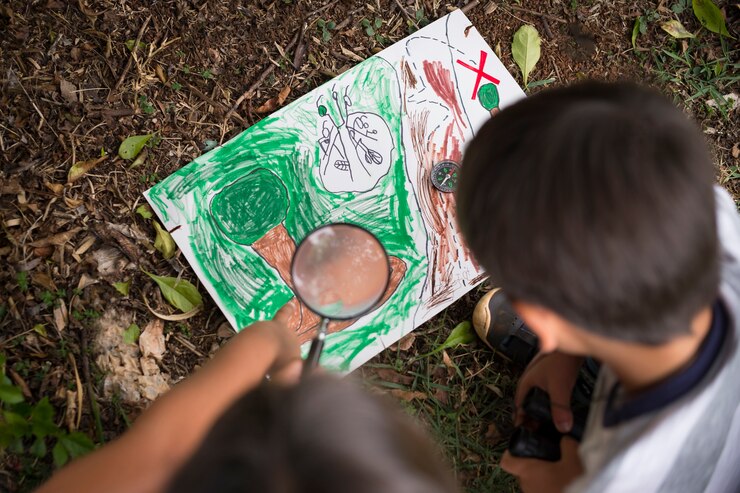The Importance of Learning Through Play
Table Of Contents
Children in early elementary years are at a crucial developmental stage where foundational skills rapidly develop. Learning through play is one of the most effective methods to support this growth. Engaging in enjoyable and educational activities can significantly enhance a child’s cognitive, social, and emotional skills. Incorporating fun elements makes learning more captivating and compelling. Integrating learning into playtime can foster essential skills children carry into their academic lives. Through play, children learn to solve problems, think critically, and interact socially, all while having fun.
Educational Board Games
Board games designed for education can reinforce various skills, including strategic thinking, teamwork, and subject-specific knowledge. Games focusing on geography, history, or spelling can be entertaining and instructional. Playing educational board games for kindergarten and elementary school allows children to learn essential concepts while having fun, making the learning experience enjoyable and effective. These games foster critical thinking, enhance memory retention, and teach patience and the value of cooperation.
Hands-On Science Experiments
Children are naturally curious, and science experiments can be a fantastic way to tap into that curiosity. Simple activities like creating a volcano with baking soda and vinegar or observing the growth of a plant can demystify scientific concepts and inspire a love for science. Websites offer a variety of easy-to-follow experiments perfect for young learners. By engaging in these hands-on experiments, children can explore fundamental scientific principles such as chemical reactions, the life cycle of plants, and the properties of different materials. These activities help develop their observational skills, ability to formulate hypotheses, and derive conclusions from their hands-on experiences.
Creative Arts and Crafts
Arts and crafts are not just enjoyable, but they also play a vital role in the development of fine motor skills and creativity. Simple art activities like drawing, painting, and creating collages allow children to express themselves while improving their hand-eye coordination. These projects can also introduce basic educational concepts like shapes, colors, and patterns in a fun manner. Crafting further enhances their ability to follow instructions, work independently or in a group, and refine their artistic sense. Through creative arts and crafts, children can visualize their thoughts and emotions, fostering emotional intelligence and helping them learn to communicate in diverse ways.
Simple Math Games
Turning math into games can make the subject more approachable and enjoyable for young children. Activities like counting objects, playing with blocks, and even board games that involve counting spaces can help children understand basic mathematical principles in a fun and engaging way. This approach reduces the intimidation often associated with math and promotes a positive attitude. Kids acquire vital abilities like addition, subtraction, geometry, and spatial awareness by integrating math into everyday tasks like cooking or shopping and utilizing games to amplify these experiences. This seamless integration of learning and play makes math an enjoyable part of their lives.
Literature and Storytelling
Reading and storytelling are crucial for language development. Encouraging children to listen to stories, create their own, or participate in storytelling sessions can significantly boost their vocabulary and comprehension skills. It enhances their language abilities and sparks their imagination and creativity. Storytime can become a cherished part of their daily routines, fostering a lifelong love for literature. By reading diverse books and engaging with different genres, children learn about various cultures, ideas, and perspectives, which enhances their understanding of the world. Storytelling also promotes empathy, narrative skills, and the ability to predict and infer, all of which are critical academic and social skills.
Outdoor Activities for Skill Development
Outdoor activities like scavenger hunts, gardening, and nature walks offer numerous benefits, including physical health and environmental awareness. These activities encourage children to explore and engage with their surroundings, teaching them about different plants, animals, and ecosystems. Such hands-on learning experiences can be invaluable for their overall development, promoting physical and cognitive growth. The physical aspect of these activities helps develop gross motor skills, while the environmental exposure fosters a sense of responsibility towards nature. Engaging in outdoor activities also encourages curiosity, resilience, and adaptability, helping children appreciate and deeply understand the natural world.
